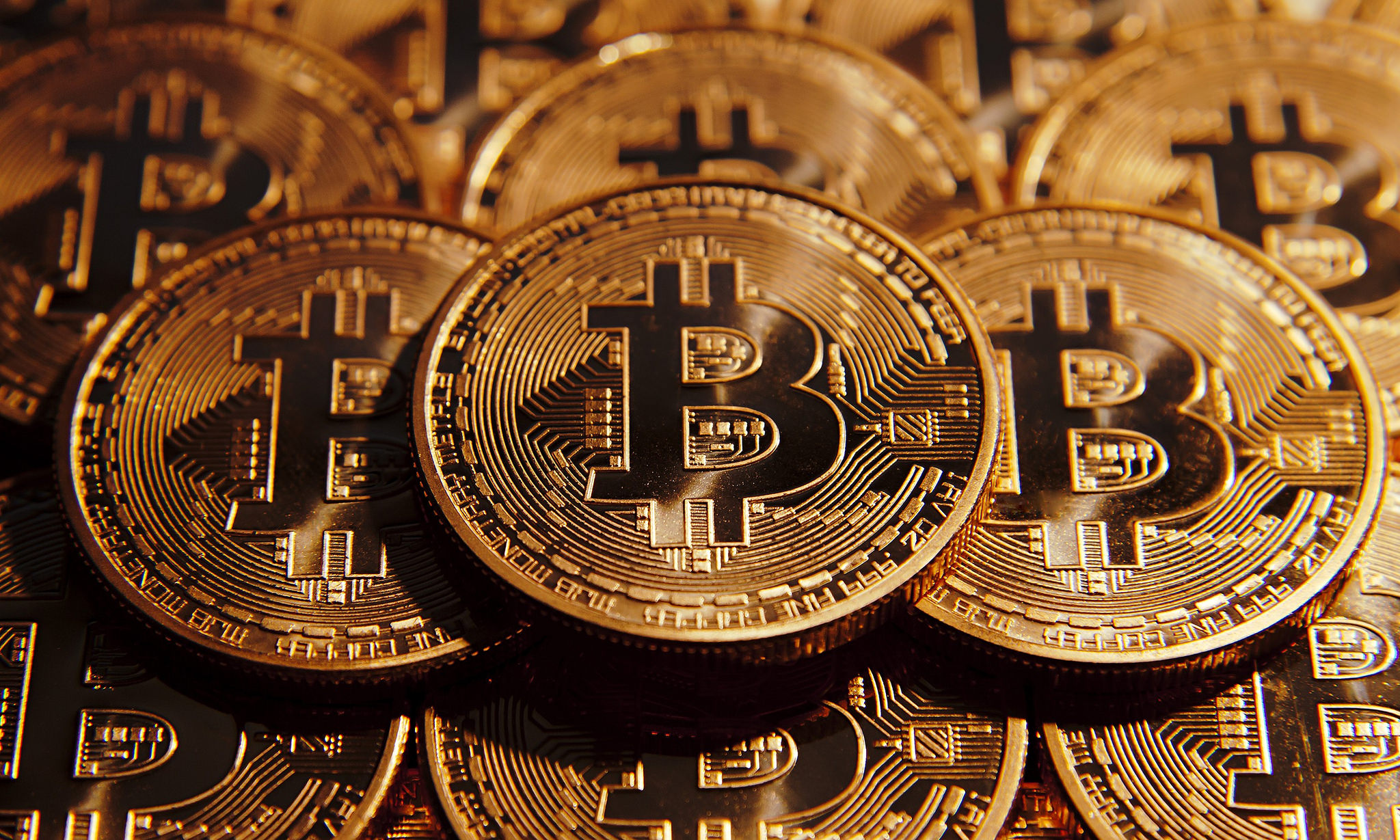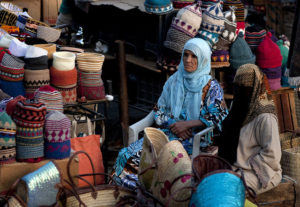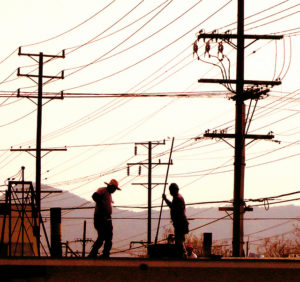Banking without a Central Bank
 https://flic.kr/p/RiittJ
https://flic.kr/p/RiittJ
Until a few years ago, cryptocurrency was a fringe concept embraced by the savvy few, with little mainstream appeal or awareness. The last few years have seen its public awareness skyrocket as the value per bitcoin has climbed well into the thousands of dollars. Its greatest potential, however, is not in the developed world, since our stable and trustworthy institutions keep our day-to-day economy running smoothly.
It’s hard to imagine a world without reliable financial institutions. In the developed world, our money is stored safely and reliably in reputable banks. People buy products using credit cards and debit cards, often not tangibly handling the money that they are spending. Investing in a business or house is possible because we can get loans from trustworthy banks. It’s easy to forget that all these transactions that are critical to the modern economy are only possible because of a reliable third party that can facilitate them. We do not notice them because, by and large, they operate smoothly in our day to day lives.
For the developing world, access to formal financial services like banks or credit unions is not a given. More than half the population of many developing countries lack access to formal financial services, which is a major factor in persistent inequality and slow economic growth. Establishing stable, trustworthy financial services can be difficult, and spreading access to the remote corners of developing nations is an ongoing challenge. Low-income countries need financial services, but cannot yet develop the expensive infrastructure they traditionally demand.
Cryptocurrencies seem almost uniquely suited to the particular challenges of the developing world. They are decentralized, meaning they are not reliant on a central bank or a stable financial institution, which developing countries often lack. Anyone with a computer or smartphone can have what is essentially a bank account, a place to store their wealth in the form of a cryptocurrency. With blockchain technology, there is no need for expensive infrastructure or credit history.
The Unique Circumstance of the Developing World

One of the key reported reasons for the lack of formal financial services is the cost. Traditional services require expensive infrastructures like bank branches, tellers, security and more. The cost of all this has to be transferred down to consumers in the form of fees to remain profitable. It is simply too expensive for many of the developing world’s poor to afford. Distance to financial services is another important factor; it’s hard to access a bank when the closest branch is a town over. Developing nations also commonly lack stable governance that is important for formal financial institutions. Other reasons include a lack of necessary documentation and a lack of trust in the financial institutions.
Financial exclusion isn’t limited to individuals either. The World Bank cites over 200 million micro, small and medium enterprises (MSME’s) that lack adequate financial services. MSME’s range from small, single-person fruit stands to businesses of up to 249 people. They are the largest employer of people in many low-income countries, making them significant players in their development. However, an inability to access financial services like credit is often responsible for stifling their growth. The reasons for this financial exclusion are similar to those for individuals; often a lack of collateral or credit history, as well as the informality of the business. This paints a stark picture: billions of people and hundreds of millions of businesses are unable or unwilling to access the critical financial services the developed world takes for granted. This hurts the growth, development and the prosperity of the developing world.
The Opportunity for the Developing World

The developing world has a history of skipping over obsolete technology before even adopting it. Over 140 years ago Alexander Graham Bell invented the telephone and ushered in an era of instant long-distance communication. The developed world quickly put in enormous networks of landlines to connect their countries by phone. The poorer developing world could not afford to adopt this innovation. In fact, by the time the developing world was able, the rest of the world had already begun moving on to the phenomenon of wireless communication and the cell phone. They were able to “skip” this technological era, moving beyond the obsolete landline to the modern cell phone without the middle step.
Blockchain presents the same type of paradigm leap with the potential decentralisation of financial institutions. It allows the quick, easy and transparent transfer of funds without the need for stable institutions or expensive transaction fees. Anyone can get an account, without the need for documents and for free. It does not need a smooth running government or a trustworthy official to maintain reliability. In short, it renders many of the functions of our institutions obsolete by providing the same services without the enormous framework. It skips over the landline.
Financial Inclusion without the Institutions

The only thing someone needs to access a cryptocurrency wallet is a smartphone or computer, and an internet connection. That’s all that’s needed to give them access to a bank account without the need for paperwork or conveniently located banks. This pseudo bank account is exactly the type of financial inclusivity that the World Bank regards as critical to development, but it comes without the prohibitive costs and difficulties seen in traditional financial institutions.
About a third of the world’s people still lack access to 3G or 4G broadband internet, but this number is going down every day. Cell phones are rapidly being adopted in the developing world, with only one country, Pakistan, reporting less than half the population owning one. Even then, it’s close to 47%.
Using cryptocurrencies as an easy-to-access, inexpensive bank account is just the tip of the iceberg. Already, companies like Everex are starting to offer cryptocurrency backed microloans, with almost completely negligible transaction costs. They can also transfer money across borders and allow people to borrow and pay using any currency, and they do it all at a minimal cost that is critical for the inclusion of the lowest income countries. The inherently decentralized nature of cryptocurrencies also makes them highly resistant to manipulation or corruption.
Where cryptocurrency can take the developing world

Financial inclusion is important. Cryptocurrencies, with their decentralized, transparent nature, provide that inclusion without the need for anything except internet access. As major companies like Facebook and Google seek to bring the internet to the developing world, cryptocurrencies will have the only infrastructure they need to bring financial inclusion to all.
Isaac Newton famously said, “If I have seen further it is because I stood on the shoulders of giants.” The developing world has the unique opportunity of standing on the shoulders of the developed world, avoiding pitfalls and emulating successes. They have done so before, skipping the landline and using the cell phone instead. Blockchain technology may well be the same and will allow the developing world to skip something that may soon be obsolete: the modern financial institution. Why bother developing huge, expensive institutions subject to human corruptibility when you can just skip over it to something better? The developing world will stand on the shoulders of giants, and make something even better.
Edited by Frankie Wallace
